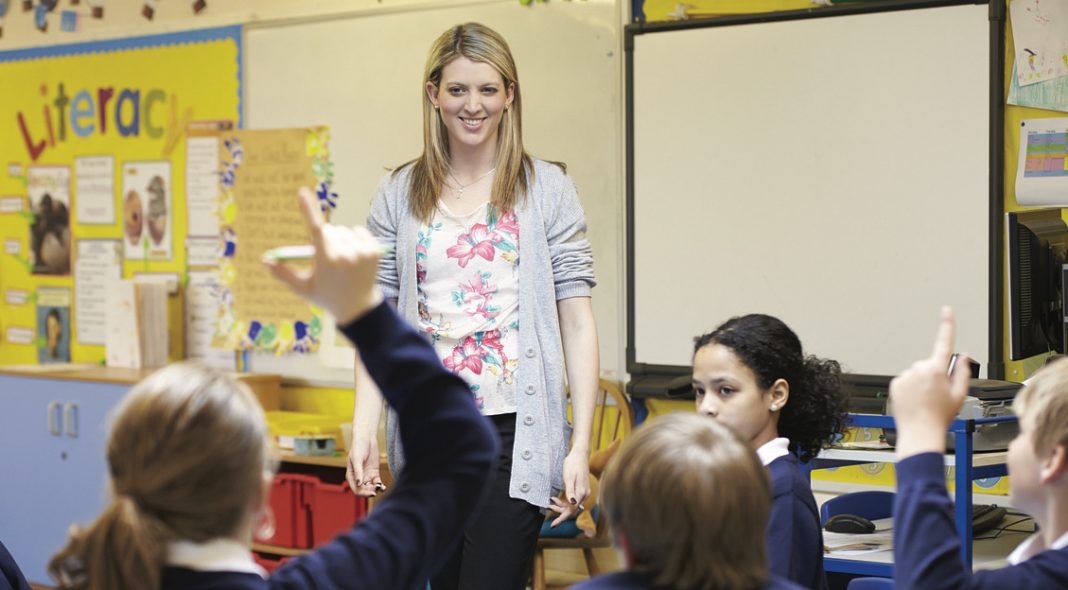The largest survey into the finances of academy schools in the UK reveals mounting fiscal uncertainty as surpluses drop sharply, resulting in schools across the UK facing rapidly shrinking cash reserves with energy costs up as much as 45% from 2021, reveals a leading report.
The Kreston Academies Benchmark Report 2023 analyses the financial situations of 320 academy trusts which represent 2,400 schools across the UK.
The report also reveals that:
• Energy costs per pupil are up 15-45% (an additional £11-£84 per pupil)
• Food costs for primary schools in single academy trusts (SATs) up by £41 per pupil, or 20%
• Staff shortages and sickness drive supply costs up 76% for primary SATs
• 88% of schools expect cash reserves to worsen over the next three years
Co-authored by accountants from Duncan & Toplis, Bishop Fleming, Clive Owen LLP, BHP, Mitchell Charlesworth, James Cowper and Kreston Reeves for Kreston Global in the UK, the report offers a unique insight into the financial health of academy schools.
Key findings from the report reveal that surpluses are consistently down from the previous year and nearly all trust leaders expressed serious concern over the future financial position of their trust.
Factors such as inflation standing at 9.2%, the increased costs of energy bills and the pressure to increase teacher’s wages within existing budgets are weighing hard on many senior educators.
As many as 88% of schools surveyed admitted to expecting cash reserves to further decline over the next three years as academies struggle to operate within their means.
In contrast, last year’s report stated that many trusts were, for the first time, forecasting a budget surplus within the next three years. The turnaround highlights the remarkable political year in the UK, and the impact that subsequent economic factors have had on the sector.
Co-author, Rachel Barret, who leads the academies team at Duncan & Toplis said: “With trust leaders expressing serious concern over their future financial positions, this report should act as an early warning sign of an education sector at financial breaking point.
“While on the face of it there appears to be encouragement, with most of the sector returning a revenue surplus, this masks what is an increasingly uncertain financial future for academies.
“The modest surpluses returned by most academies may not stretch very far when considering that fixed rate energy bills have, or will shortly, come to an end. When combined with inflationary pressure on all other costs and mounting payroll uncertainty, we may see academies pushed to their financial limits in the coming years.
“Academy trusts must now plan for the worst case financial scenario, and have a plan in place if this worst case becomes the reality.”
The bleak financial situation has been caused by a massive increase in costs and uncertainty over future rises, with payroll the biggest worry for academies. The report notes that average total staff costs per pupil have increased for all trusts over the past year and, with strikes around pay and conditions currently ongoing, this may increase further over the next year unless pay rises are backed by additional government funding.
Supply cover costs are also on the rise thanks to staff shortages, as well as Covid-related sickness, and this will be exacerbated by ongoing strike action. Primary SATs reported a massive increase in supply costs of 76% from 2020/21. With teacher recruitment targets missed by 40%, the need for supply teachers, and therefore supply costs, are likely to increase even further going forward.
The report highlights that energy bills are the most challenging non-payroll related cost facing academies. The report highlights that energy costs in primary SATs (single academy trusts) rose from £58 per pupil in 2020/21 to £84 per pupil – a rise of 45%. Secondary SATs also saw energy bills increase by £16 per pupil which is a 20% rise. MATs saw a slightly more modest increase of £11 per pupil, or 15%. The report notes that we can expect to see this figure rise in the future as fixed rate energy deals come to an end.



